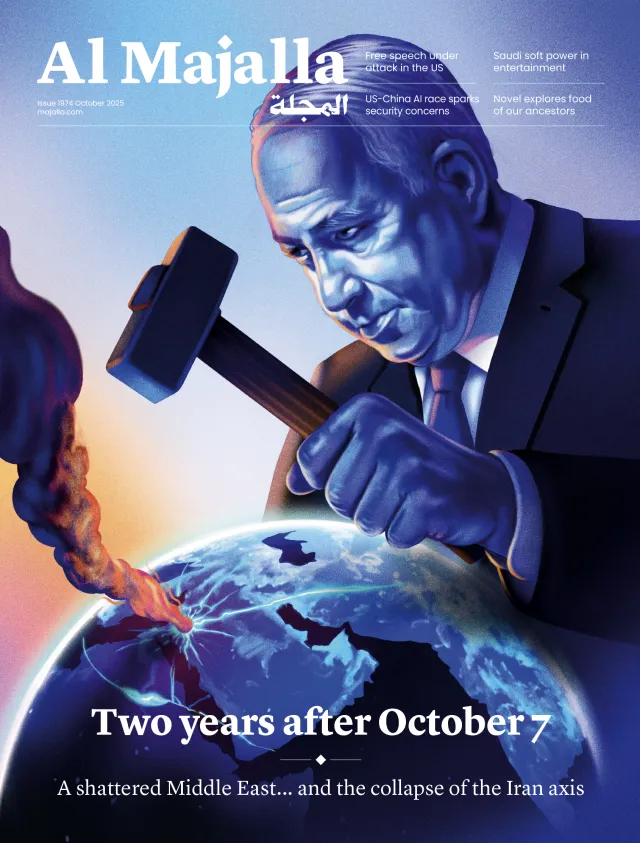These days, the region teams with lofty declarations. Peace, we are told, is on the horizon, heralding a “golden” future for the Middle East. Official communiqués speak of stability, the defeat of extremism and prosperity for Palestinians and Israelis alike.
Whatever one may think of Donald Trump’s transactional approach to diplomacy—with its flair for spectacle and obsession with “deals”—the question remains: just what do these agreements entail that supposedly guarantee such a bright future?
A reported meeting between Hamas official Khalil al-Hayya and American envoy Steve Witkoff, along with Trump's son-in-law and Abraham Accords architect Jared Kushner, was said to focus on preventing a renewed outbreak of hostilities, contingent upon Hamas's adherence to "certain commitments".
But the language remains vague, skirting the root cause of the conflict: the Palestinian struggle for self-determination in their homeland—something that Israeli Prime Minister Benjamin Netanyahu has repeatedly vowed "will never happen".
Hollow promises
Grand declarations that "Hamas has been defeated and will be disarmed" seem geared towards appeasing certain audiences. In truth, we've heard such bold claims before about the "demise of Hezbollah". But the underlying conditions in Palestinian and Lebanese societies that gave rise to these sub-state entities have never been meaningfully addressed. This almost guarantees that such promises cannot be kept.
For its part, the decrepit Palestinian Authority in Ramallah is clamouring for relevance in a rapidly shifting landscape. Promises of reform are being offered to appease donors, including a fiscal and administrative overhaul. Yet absent from discussions is political reform. But with the PA's main rival, Hamas, severely weakened, if not outright defeated, there is little incentive for such political reform.




